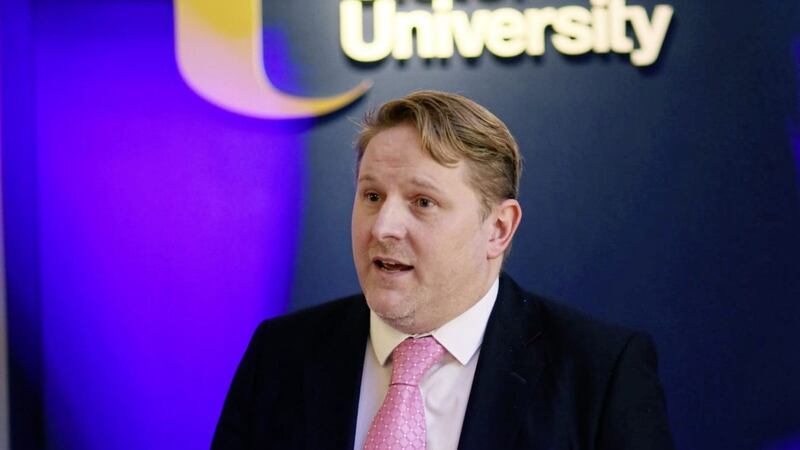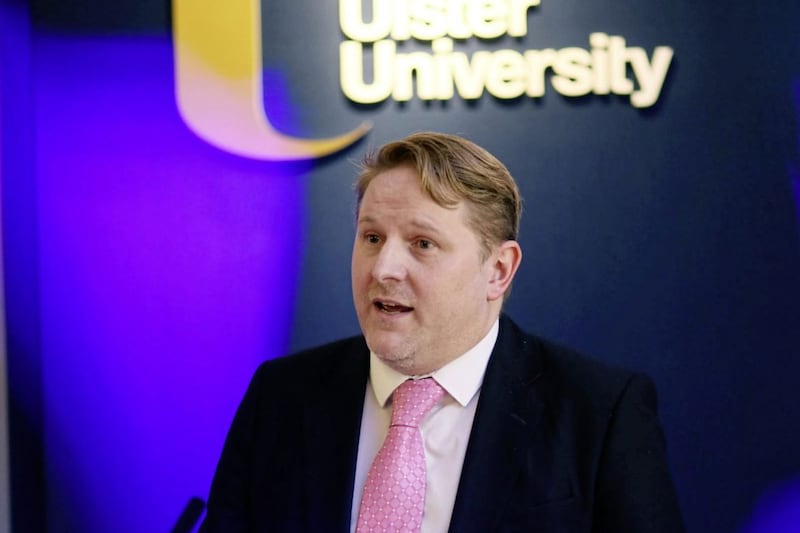SHOPPERS digging deep into their wallets will be the key to keeping Northern Ireland from tipping into recession in 2017, a top economist believes.
More people in jobs means more money going into household coffers, and that consumer spend is continuing to provide the lifeline for economic growth, Professor Neil Gibson says.
But the Ulster University economic policy centre director admits the current level of uncertainty, especially in the wake of the Brexit vote, is such that it's virtually impossible to predict where the north's economy is going in relation to the rest of the UK and Europe.
And he admitted: "Indeed the difference between our most optimistic and pessimistic scenarios is so stark that our jobs growth forecast ranges from a loss of 4,500 over the next decade to an increase of almost 90,000.”
Professor Gibson was delivering the Economic Policy Centre's winter economic commentary and outlook.
The centre predicts that the Northern Ireland economy will grow by 1.9 per cent this year against a projected 2.1 per cent in the UK as a whole, beating previous projections.
Next year, however, that will more than halve here to 0.9 per cent (1.4 per cent in the UK) but then lift again to 1.1 per cent (1.6 per cent) and 1.5 per cent (2 per cent) in 2018 and 2019.
“The economic jobs data for Northern Ireland this year has been hugely positive, with jobs growth of 3.3 per cent in the 12 months to September, well ahead of the UK average of just 1.3 per cent over the same time period, suggesting a high degree of economic resilience," Prof Gibson said.
“But this should not mask the level of uncertainty the economy faces in the next few years and the associated challenges consumers, businesses and government will face.”
He suggested the focus for Stormont should be on achieving the long term policy objectives of improving the north’s global competitiveness.
“It's important the Executive remains focused on addressing the long-standing economic challenges of Northern Ireland. Non-student inactivity rates, low productivity and the high numbers of school-leavers with low or no qualifications have persisted for many years.
"As a result, the key outcomes in the Programme for Government remain a priority inside or outside the EU,” he said.
His forecast is for Northern Ireland to avoid recession in 2017 as consumers continue to provide support for economic growth. Additional tourism and retail spending, driven by the depreciation in sterling, should partially offset the slowdown in business investment. Growth should then pick up towards the end of the decade as greater certainty emerges.



